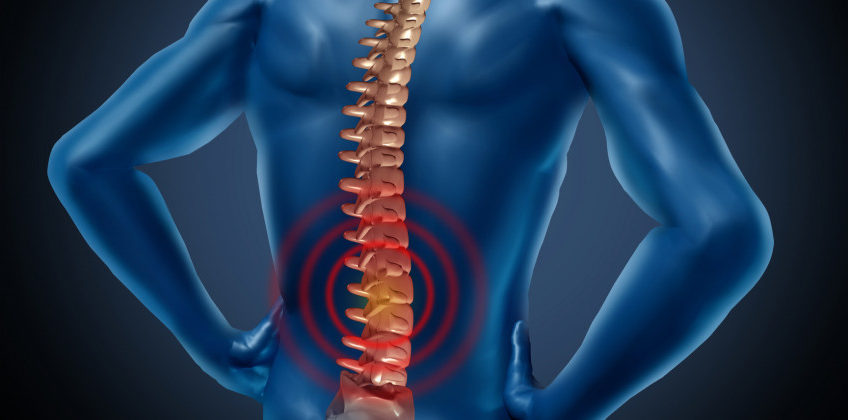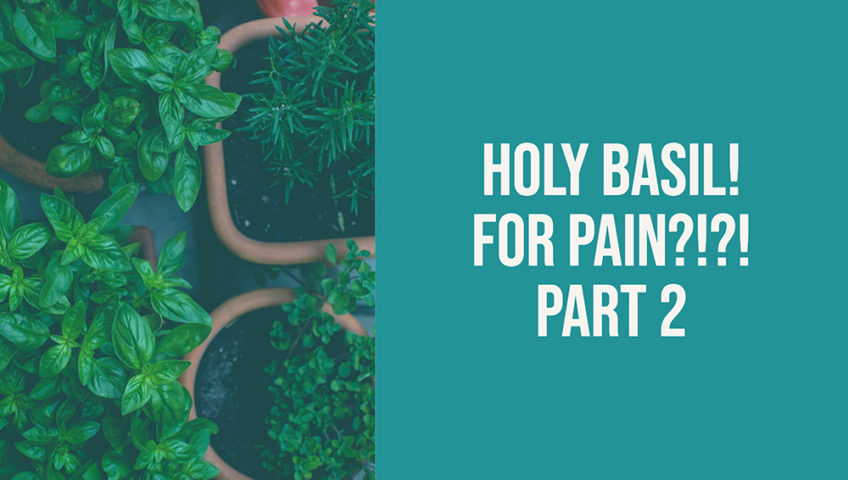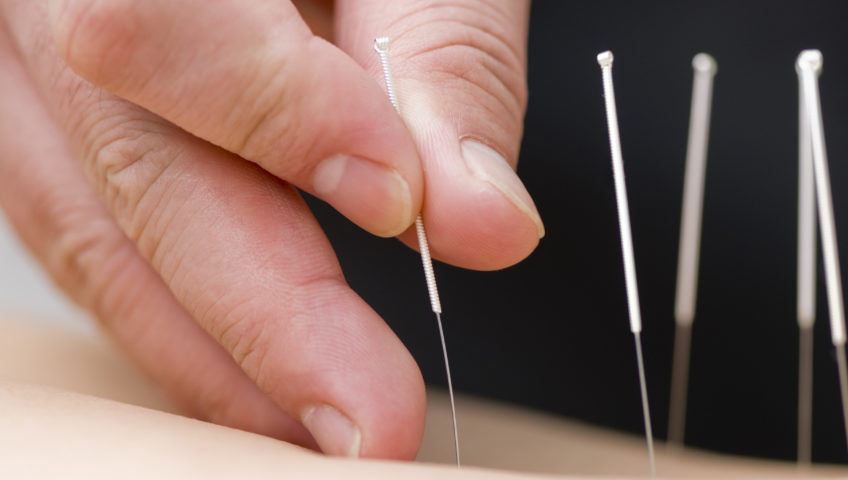
Dealing with Chronic Back Pain?
While your pain management doctor will help you cope with chronic pain, a little prevention can go a long way…
But first… you need to know some surprising causes of back pain that you can potentially eliminate for good.
If you’ve ever had a bout of back pain, you’re not alone: According to the National Institutes of Health, eight out of 10 people will suffer from back pain at some point in their lives. Most of the time, back pain is set off by something totally minor, says Venu Akuthota, MD, director of the Spine Center at the University of Colorado Hospital in Aurora, Colorado.
Besides obvious causes (constantly lugging a too-heavy purse, for instance), experts say that everyday habits like hunching over your smartphone can strain your spine and the surrounding muscles over time, causing pain and making you more vulnerable to serious injury. To stop back pain now—and avoid future agony—try targeting these unexpected culprits.
Culprit No. 1: Your Fancy Office Chair
Even an expensive, ergonomic chair can be bad for your back if you sit in it all day without a break. Sitting not only lessens blood flow to the discs that cushion your spine (wearing them out and stressing your back), but it puts 30 percent more pressure on the spine than standing or walking, says New York City chiropractor Todd Sinett, author of The Truth About Back Pain.
Be sure to stretch at your desk and get up every hour to walk around. Don’t assume that built-in lumbar support makes your chair back-friendly—in fact, for many people, lumbar supports don’t make a bit of difference, especially if they aren’t positioned properly (at the base of your spine), says Heidi Prather, a physical-medicine and rehabilitation specialist and associate professor of orthopedic surgery and neurology at the Washington University School of Medicine in St. Louis.
No matter what type of chair you sit in, make sure your head is straight (not tilted down) when you’re typing or reading. Avoid slouching and adjust your seat so it tilts back slightly to help alleviate some of the load on your back, Sinett says. And keep your feet planted firmly on the floor.
Culprit No. 2: The Wrong Shoes
When you strut in stilettos, your foot strikes the ground in a toe-forward motion rather than the normal heel-toe gait, stressing your knees, hips, and back, Sinett explains. “Wearing heels also alters the angle of your body so your weight isn’t evenly distributed over the spine,” he says. This instability can set you up for pain and injury radiating from your knees all the way to your back.
Another shoe no-no: the backless kind (even flats and flip-flops), which allow your heel to slide around. Again, the lack of stability distributes your body weight unevenly, putting more pressure on your spine. Your shoe should firmly hold your foot in place to keep you stable and protect your back, says Sinett, who also advises sticking to heels that are less than three inches high.
Culprit No. 3: Your Beloved Smartphone or Tablet
Mobile technology has not been kind to our backs and necks, Prather says. “We’re hovering over laptops, iPads, and smartphones all the time,” she notes. “This head-down position strains the muscles in the neck, and the pain can extend all the way down your spine to your lower back.” Take frequent breaks, and try to look straight ahead—rather than down—while using a laptop, tablet, or phone. You can buy a stand to help hold your laptop or tablet at a more back-friendly height and angle.
Culprit No. 4: Extra Pounds
Carrying even just a few extra inches around your midsection—whether it’s due to belly fat or pregnancy—makes your pelvis tilt forward and out of alignment, as your body works to keep itself balanced. This can cause excessive strain on your lower back, Dr. Akuthota says. He recommends doing this easy stretch several times daily: Tighten your abs (like you’re bracing for a punch in the stomach) to activate core muscles and take a load off the lumbar discs; hold 10 seconds, then release. (Pregnant? Check with your doctor before doing any exercise.)
And if weight gain is your problem, consider making whole grains an essential part of your slim-down plan: A new study from Tufts University found that those who ate three or more servings of whole grains a day had 10 percent less abdominal fat compared with those who ate essentially no whole grains.
Culprit No. 5: The Wrong Bra
Large-breasted women obviously carry significantly more weight in front than those who have smaller breasts. This can lead to hunching and sore neck and back muscles, Sinett says. A bra that offers proper support can actually minimize that forward hunch and relieve pain, while one that doesn’t may exacerbate the problem, as you hunch or strain even more to compensate for uncomfortable straps or a riding-up band.
Research shows that many women wear the wrong size bra, but the right fit can mean the difference between sagging and supported; get fitted by a bra professional. Prather says you may want to try a T-back (a.k.a. racer-back) style. “It gives the body a cue to pull the shoulders back,” she says.
Culprit No. 6: Your Crazy Schedule
Just like the rest of you, your back muscles can tense up when you’re frazzled. Muscles are designed to contract and relax, Sinett explains, but when you’re stressed, they may contract so much that they can eventually start to spasm. Stress also boosts production of the hormone cortisol, which increases inflammation and can lead to achiness, he says.
On top of that, “Chronic stress can affect the way a person perceives pain,” says Alan Hilibrand, MD, spokesman for the American Academy of Orthopaedic Surgeons and professor of orthopaedic and neurological surgery at Jefferson Medical College in Philadelphia. “So those who are stressed will often have a harder time managing back pain than those who aren’t.” Lower-impact aerobic exercise (think walking or working out on an elliptical trainer) may help relieve back pain and ease stress—so you can beat the pain for good.









